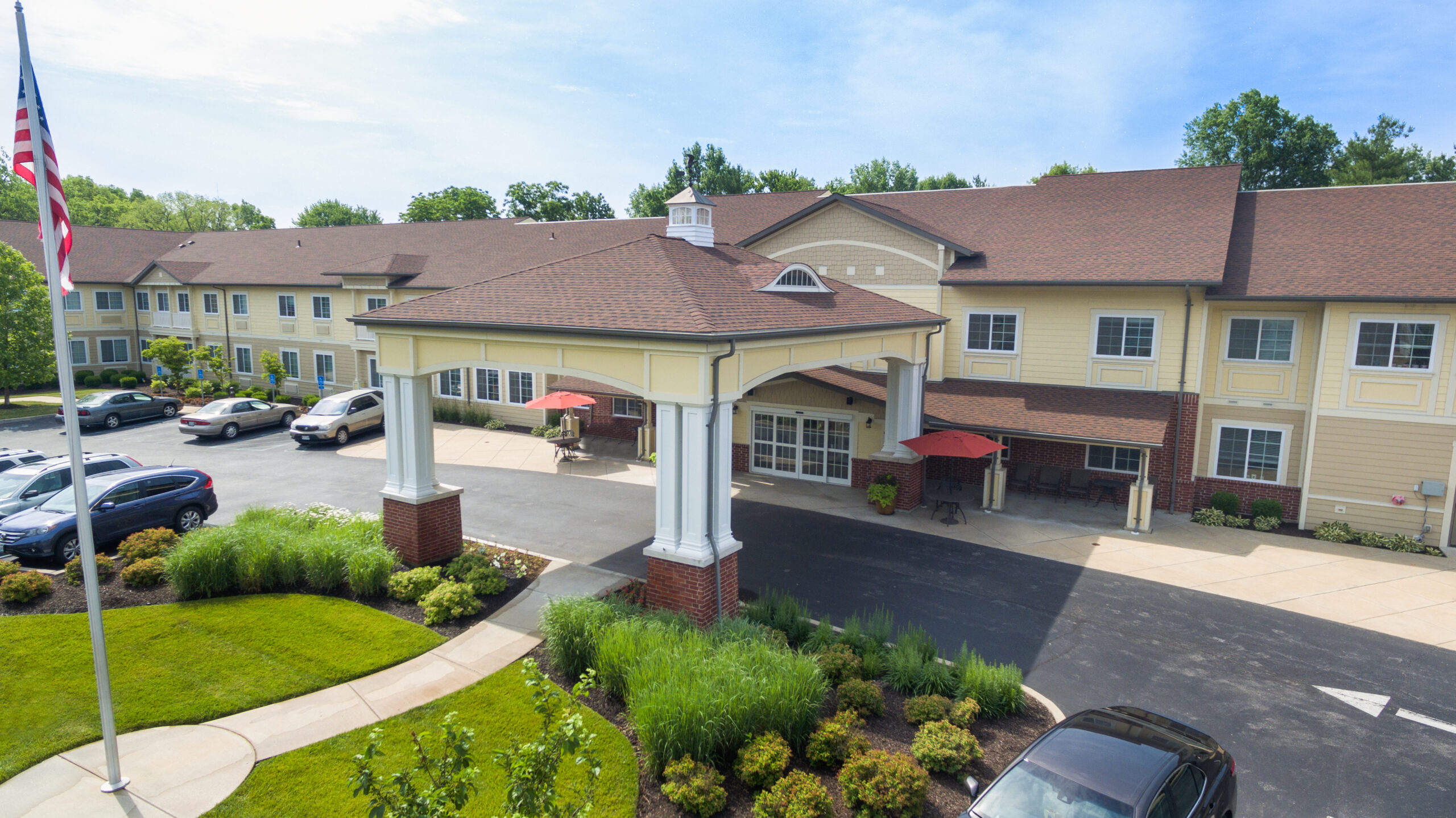Producing a Safe and Supportive Setting for Alzheimer's Care
The production of a supportive and risk-free atmosphere for people with Alzheimer's is vital in improving their top quality of life. Discovering these complex approaches can reveal vital understandings right into reliable caregiving methods that might change the day-to-day experiences of both caretakers and individuals.
Recognizing Alzheimer's Demands
Regularly, people with Alzheimer's condition show an array of demands that call for customized strategies to care. As the problem proceeds, cognitive decline shows up in numerous means, influencing memory, thinking, and even the capability to carry out daily activities. Caretakers have to identify these progressing requirements to offer suitable support and ensure a greater top quality of life for those impacted.
One important element of comprehending Alzheimer's needs is identifying the relevance of regular and experience. Individuals usually locate comfort in established patterns, which can reduce anxiousness and confusion. Caregivers need to aim to create organized everyday schedules that include significant tasks lined up with the person's capacities and passions.
Furthermore, reliable communication is paramount. People with Alzheimer's may battle to express themselves or comprehend intricate language. Caregivers need to utilize straightforward, clear language, usage non-verbal cues, and method active paying attention to foster understanding and connection.
Lastly, social and emotional requirements can not be overlooked. Supplying possibilities for social interaction and keeping relationships can dramatically boost emotional health. Caretakers need to motivate interaction in neighborhood tasks or household events, promoting a feeling of belonging and purpose. Recognizing these diverse requirements is essential for producing an encouraging treatment environment.
Creating a Safe Home
Developing a risk-free home for individuals with Alzheimer's disease is essential to advertising and reducing threats self-reliance. Ensure that paths are clear and well-lit, as proper lighting decreases disorientation and boosts wheelchair.
Incorporating adaptive attributes is additionally vital. Install grab bars in restrooms and near staircases, and consider utilizing non-slip floor coverings in damp areas. In addition, making use of different shades for floorings and walls can assist in distinguishing rooms, aiding to alleviate confusion.
Familiarity is essential for people with Alzheimer's. Personalizing the environment with familiar items and photographs can strengthen a feeling of belonging and safety and security - Alzheimers Care Charlotte. It is additionally useful to have actually a designated area for day-to-day tasks, such as reading or crafting, which can supply framework to their day
Lastly, executing a safe and secure outdoor area permits secure expedition while getting in touch with nature. By thoughtfully developing the home atmosphere, caretakers can significantly enhance the high quality of life for people coping with Alzheimer's disease.
Enhancing Communication Skills

Non-verbal communication, including faces, gestures, and touch, plays an essential role in conveying compassion and understanding. Keeping eye get in touch with and a calm behavior can improve the comfort degree of the person, promoting a feeling of safety and security.
Additionally, it is necessary to practice active listening. This involves being totally existing, showing perseverance, and permitting the person to share themselves without disturbance. Repeating may use this link be essential; caregivers should be prepared to take another look at inquiries or topics, as people with Alzheimer's may fight with memory recall.
In addition, using aesthetic aids or signs, such as photos or familiar items, can facilitate acknowledgment and engagement. Inevitably, improving interaction skills has to do with developing trust fund and producing an environment where individuals really feel heard, valued, and recognized, thereby improving their lifestyle.
Urging Social Interaction
Promoting meaningful social interactions can greatly improve the health of individuals with Alzheimer's illness. Engaging with others not only aids combat sensations of seclusion however additionally stimulates cognitive function and psychological health. Structured social activities, such as team arts, games and crafts, or songs treatment, develop opportunities for locals to attach with peers and caregivers, more helpful hints which can result in enhanced state of mind and reduced anxiousness.
Creating a welcoming environment that motivates socialization is necessary. This can be attained by arranging common areas that assist in communication, such as cozy seating areas or activity rooms. Furthermore, integrating culturally pertinent and acquainted tasks can trigger memories and encourage participation, enabling individuals with Alzheimer's to feel more connected to their past experiences.
Moreover, caretakers must be trained to recognize and advertise social interaction among residents. By focusing on social interaction, we can considerably improve the lives of those living with Alzheimer's, cultivating a sense of community and belonging.
Sustaining Caretaker Well-being

To support caregivers, organizations ought to offer normal training and educational resources to improve their understanding of Alzheimer's condition and caregiving techniques. Giving access to break treatment solutions allows caregivers to take needed breaks, lowering tension and tiredness - Alzheimers Care Charlotte. In addition, cultivating a community with assistance teams can promote psychological sharing and the exchange of practical guidance amongst caretakers, developing a network of common assistance
Psychological wellness resources, such as counseling services, can also be crucial More Info in resolving the emotional toll caregiving can take. By prioritizing caregiver well-being, we produce a more sustainable caregiving atmosphere that not only benefits the caregivers themselves however likewise improves the general high quality of treatment obtained by individuals with Alzheimer's. Eventually, supporting caregivers is a necessary part in fostering a efficient and caring treatment setting.
Final Thought
Finally, the production of a safe and helpful environment for individuals with Alzheimer's is necessary to improving their lifestyle. By focusing on safety through thoughtful design, cultivating psychological health with acquainted components, and advertising interaction with structured routines, caregivers can significantly impact the total experience of those impacted by this condition. Supporting caretaker wellness is crucial, as it inevitably contributes to a more efficient and compassionate treatment environment.
Rep may be essential; caregivers need to be prepared to review subjects or concerns, as people with Alzheimer's may battle with memory recall.
